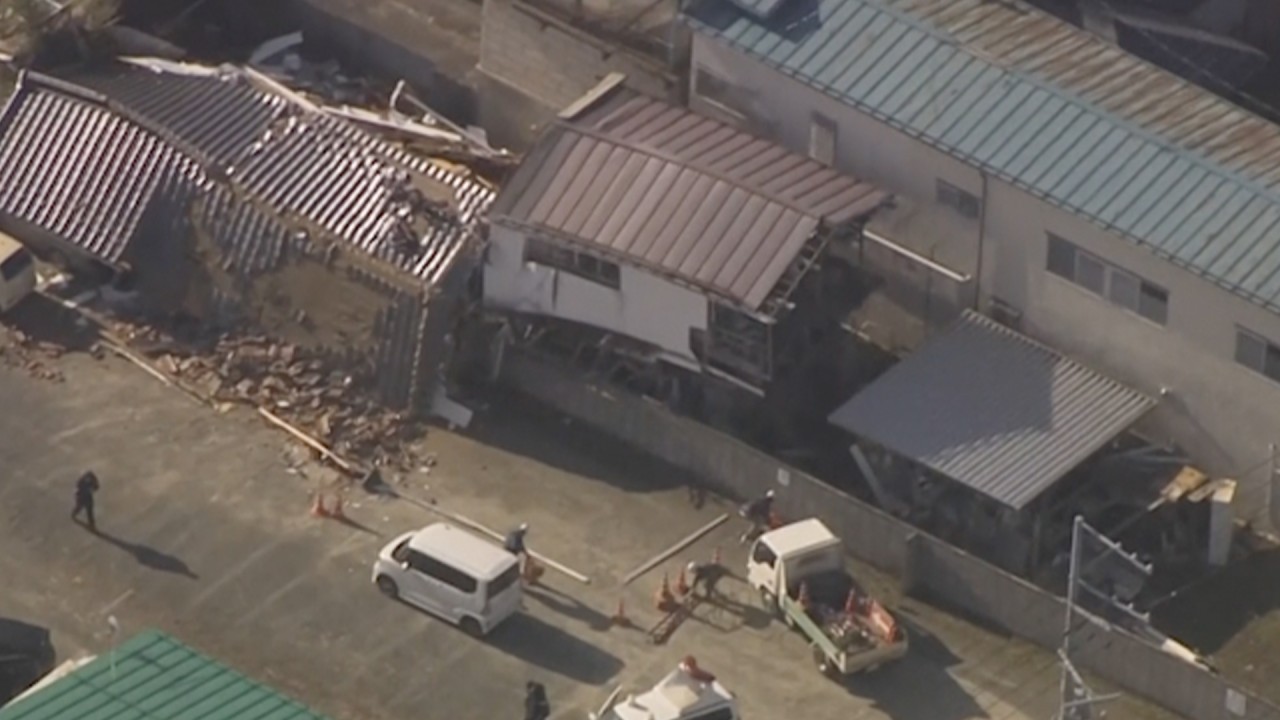
Facing energy crisis, Japanese public backs resumption of more nuclear reactors – as long as they are safe
- While the 2011 Fukushima nuclear disaster is still in people’s minds, most accept that a lot more energy will be needed when the weather cools
- ‘Resource-scarce’ Japan is seeing rising energy costs but nuclear power critics worry about active fault lines, volcanoes and evacuation procedures
The Japanese public appears to support the announcement that nine nuclear reactors will become operational in the coming months to meet soaring domestic demand for electricity, although caveats to that support show the Fukushima nuclear disaster is still fresh in people’s minds.
In a press conference in Tokyo on Thursday, Prime Minister Fumio Kishida said plans were under way to have nine more reactors available over the winter, providing around 10 per cent of the nation’s energy.
There were 54 reactors across Japan before the March 2011 disaster at the Fukushima power plant, when a gigantic wave after an earthquake flooded reactors, leading to nuclear fuel in three of them overheating, partly melting the cores.
Public opinion then moved against nuclear power, and currently just five reactors are operating.

A further five have been approved to restart after meeting the nuclear regulator’s upgraded safety and anti-terrorism standards, although one is due to be offline from September for additional security measures.
Kishida said the government was attempting to minimise the impact of rising energy costs, primarily as a result of the conflict in Ukraine, at a time of soaring demand due to record high temperatures already this summer.
Demand is expected to climb even higher during the winter and there have been predictions that the government will have to implement rolling blackouts in some parts of the country to ensure the grid is not completely overwhelmed.
He added there was a need for nuclear energy to create a “balanced” mix of energy sources.
A poll conducted by Yahoo Japan this month indicated the public was behind the plan, with 74 per cent saying they agreed it was necessary to fire up the nation’s nuclear power plants once more, and 24 per cent saying they were opposed.

In comments attached to a TBS News broadcast, there was widespread support for Kishida’s decision, with one message reading, “Nuclear power is a difficult problem and there are both pros and cons. But considering the recent power shortages and rising electricity bills, I think it is necessary to take some measures. I agree with the decision but I would also like the government to set firm safety regulations and emergency measures before you proceed.”
That sentiment was echoed elsewhere, with another comment saying that restarting the nuclear reactors is an “unavoidable measure”, but adding that it comes with “great responsibility”.
“The myth of nuclear safety has gone,” the poster added. “I want the government to take the strictest measures through inspections and maintenance to prevent another man-made nuclear disaster before operations restart.”
Japan’s plan also has support abroad, with one Twitter message from a foreign user stating: “About freaking time. I do hope this trend continues because people are way [more] afraid of nuclear power than they should be based on the data. Japan shutting down all those [nuclear plants] was a total political decision, not a rational one.”
Hideyuki Ban, joint director of the Tokyo-based Citizens’ Nuclear Information Centre, said the announcement that more plants will soon be restarted is not a surprise as the government has been laying the groundwork for such a decision, but he remained deeply concerned.
“I am worried because each of the plants that the government is proposing to restart has serious problems,” he told This Week in Asia. “Some are built on active fault lines that were overlooked, others are close to active volcanoes and others lack the comprehensive evacuation plans for local residents that would be critical in the event of another disaster.”
He accepted that Japan is facing an energy crisis “but I believe that the best, and safest, way of solving that problem is by relying on gas and other conventional thermal power plants until genuinely safe alternatives can be introduced”.


